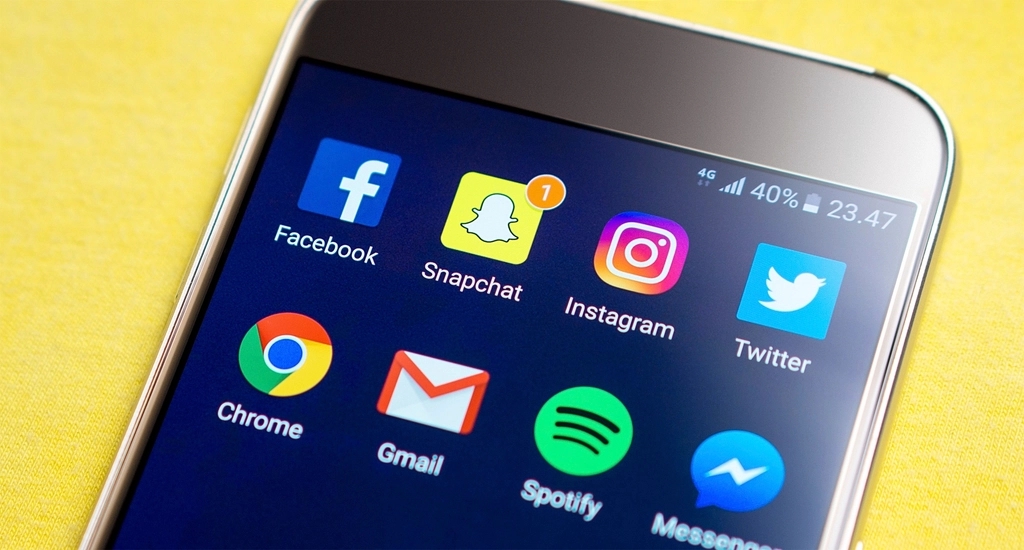
In today’s digital age, social media platforms such as Instagram and TikTok have become integral parts of daily life, especially for teenagers and young adults. While these platforms offer numerous benefits, including social connectivity, entertainment, and self-expression, they also pose significant risks to mental health. One of the most pressing concerns is the impact of social media on self-esteem and body image.
The Rise of Social Media and Its Ubiquity
The proliferation of smartphones and the internet has made social media accessible to a vast audience. Instagram and TikTok, in particular, have surged in popularity due to their visually-driven content and user-friendly interfaces. According to recent statistics, Instagram boasts over a billion monthly active users, with a significant portion being teenagers and young adults. Similarly, TikTok has quickly gained traction, surpassing one billion users globally.
The Perfect Life Illusion
One of the most critical issues with social media is the portrayal of idealized lives. Users often curate their profiles to showcase the best aspects of their lives, leading to a distorted perception of reality. For teenagers and young adults, who are still forming their identities and self-worth, this can create unrealistic standards of beauty, success, and happiness.
Body Image Concerns
Instagram and TikTok are platforms heavily focused on visual content, making them prime arenas for body image comparisons. Influencers and celebrities often post highly edited and filtered images that set unattainable beauty standards. These images frequently feature slim, toned bodies, flawless skin, and other features that are difficult, if not impossible, for the average person to achieve.
Research has shown that exposure to such content can lead to body dissatisfaction. A study published in the journal Body Image found that even a short duration of Instagram use could negatively affect women’s body image. Similarly, TikTok’s short videos often highlight dance trends, fashion, and fitness challenges, further emphasizing physical appearance and potentially exacerbating body image issues.
The Comparison Trap
Social media platforms inherently encourage comparisons. Users constantly compare their lives, bodies, and achievements to those of others. This comparison trap can lead to feelings of inadequacy and low self-esteem. A study by the International Journal of Environmental Research and Public Health found that higher social media use was associated with greater body dissatisfaction and lower self-esteem among adolescents.
The Role of Feedback and Validation
The feedback mechanisms on these platforms, such as likes, comments, and shares, play a crucial role in shaping self-esteem. Positive feedback can temporarily boost self-esteem, while negative feedback or lack of engagement can significantly diminish it. For many young users, the pursuit of validation through social media can become a relentless cycle, contributing to anxiety and stress.
Psychological Consequences
The psychological impact of social media on self-esteem and body image can be profound. Issues such as depression, anxiety, and eating disorders have been linked to negative body image and low self-esteem fostered by social media use. A meta-analysis published in the journal Cyberpsychology, Behavior, and Social Networking highlighted a consistent association between social media use and depressive symptoms, particularly among younger users.
Strategies for Mitigation
Addressing the negative impact of social media on self-esteem and body image requires a multifaceted approach. Here are some strategies that can help:
- Digital Literacy Education: Educating young people about the realities of social media, including the prevalence of edited and filtered content, can help them develop a more critical and realistic perspective.
- Promoting Positive Content: Encouraging the creation and dissemination of diverse and body-positive content can counteract the narrow beauty standards often portrayed on these platforms.
- Setting Healthy Boundaries: Limiting time spent on social media and being mindful of the types of content consumed can help reduce the negative impact.
- Encouraging Offline Activities: Engaging in offline activities that promote self-esteem and body positivity, such as sports, hobbies, and social interactions, can provide a healthy balance.
- Parental and Peer Support: Parents and peers play a crucial role in supporting young people. Open conversations about body image and self-esteem can help mitigate the adverse effects of social media.
Conclusion
While Instagram and TikTok offer valuable opportunities for connection and creativity, it is essential to recognize and address their potential impact on self-esteem and body image. By fostering digital literacy, promoting positive content, and encouraging healthy habits, we can help mitigate the negative effects and support the mental well-being of teenagers and young adults. In a world where social media is ever-present, empowering young users with the tools and knowledge to navigate these platforms healthily and positively is crucial.

Leave a comment